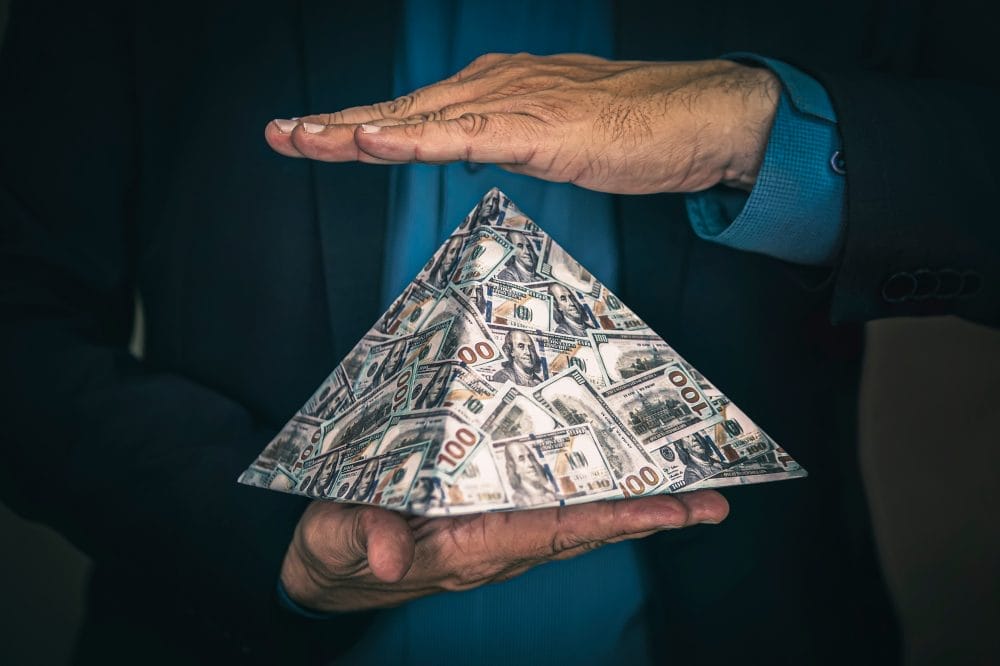Greed has a way of turning clever business moves into scandalous headlines. When the hunger for more money, power, or prestige runs unchecked, rules bend, laws break, and fraud becomes inevitable. Some of the most notorious financial disasters started with simple acts of self-interest that ballooned into chaos.
From cooking the books to insider trading, the same hungry behaviors keep showing up in courtrooms and boardrooms. These stories prove that greed isn’t just dangerous—it’s the root cause of fraud that shakes economies, ruins reputations, and wrecks lives.
1. Inflating Profits to Impress Investors
Faking numbers looks tempting when investors demand growth at any cost. Companies under pressure have padded revenue, hidden losses, and painted rosy pictures that didn’t exist. This tactic kept stock prices soaring—until the lies unraveled. Enron famously collapsed because executives manipulated earnings, destroying pensions and confidence in corporate America. When profit becomes a performance, fraud is the finale.
2. Hiding Debt Like a Dirty Secret
Some leaders treated debt as if it were an embarrassing skeleton to lock away. They buried it off the books or shuffled it into shell companies to keep balance sheets clean. WorldCom’s downfall came from hiding billions in expenses, leaving employees and shareholders blindsided. By disguising debt, fraudsters bought time, but the truth always surfaced. The strategy rarely saves the day—it usually accelerates disaster.
3. Insider Trading for Quick Wins
When powerful players use privileged information to trade, greed trumps fairness. Insider trading cheats ordinary investors who don’t have access to the same secrets. Martha Stewart’s case became a household story, showing that fame offers no shield from prosecution.
The temptation of easy money lured executives, bankers, and even friends of CEOs into fraud. Ultimately, the pursuit of an edge cost them freedom and credibility.
4. Ponzi Schemes Promising the Impossible
Greed thrives on promises that sound too good to be true. Bernie Madoff’s Ponzi scheme, one of the largest in history, offered steady returns no market could sustain. Early investors were paid with money from new victims, creating an illusion of success. The cycle collapsed when fresh funds dried up, leaving devastation in its wake. Such schemes feed on greed—both of the fraudster and the hopeful investor.
5. Executive Perks at Everyone Else’s Expense
Lavish perks disguised as business necessities fueled scandals in major corporations. From private jets to million-dollar parties, executives indulged while companies bled cash. Tyco International’s leadership was infamous for turning corporate funds into personal playgrounds. The arrogance of spending shareholder money without accountability turned greed into fraud. Extravagance was more than wasteful—it was criminal.
6. Bribery to Grease the Wheels
Some fraud cases revolved around executives bribing officials to win deals. These shady payments allowed contracts, licenses, and market access that should never have been secured. Infamous major scandals have revealed a global network of bribes stretching across continents. Short-term gains came at the cost of massive fines and reputational damage. Greed made them trade integrity for influence.
7. Manipulating Markets for Personal Gain
Market manipulation often involves pumping up stock prices or spreading rumors to mislead investors. Fraudsters pocket cash while leaving unsuspecting traders with losses. The infamous “pump and dump” schemes lured in crowds before collapsing overnight. Even digital currencies have seen the same greedy tactics play out on new platforms. Whenever markets get twisted, fraud follows.
8. Exploiting Loopholes Instead of Following Laws
Greedy leaders sometimes hunt for loopholes rather than building real value. Complex financial products became weapons during the 2008 crisis, where firms packaged toxic mortgages into shiny investments. These schemes skirted legality while hollowing out the global economy. Short-term profits blinded institutions to long-term consequences. What began as legal maneuvering ended as worldwide financial fraud.
9. Lying to Regulators to Buy More Time
Instead of fixing problems, some fraudsters lied to regulators and doubled down. False reports, missing documents, and fake compliance became part of their playbook. The Wells Fargo scandal exposed how accounts were fabricated to meet quotas, deceiving both customers and overseers. By treating oversight as an obstacle, fraud only grew bigger. The longer the lie lasted, the harsher the crash became.
10. Exploiting Employees as Pawns
Some cases weren’t just about cheating investors—they exploited workers too. Fraudulent leaders pressured staff into unethical behavior, from falsifying records to pushing risky sales. Fear of losing jobs kept employees silent while fraud snowballed. The collapse of Lehman Brothers showed how reckless leadership can drag entire teams down. Greed at the top poisoned every layer below.
The Common Thread of Greed
Every fraud case, no matter how different, shares the same root cause: unchecked greed. It pushes leaders to cross lines, invent lies, and gamble with lives for the sake of more. The fallout always leaves a trail of broken trust and shattered wealth. By recognizing these greedy behaviors, future scandals might be prevented before they grow.
What are your thoughts—do you think greed will always drive fraud, or can stricter safeguards finally curb it?
You May Also Like…
How Renters Are Accidentally Committing Estate Fraud
How States Are Using AI to Scan Wills for Fraud
8 “Debt Relief” Services That Have Been Fined for Fraud
How Greed Fueled the Collapse of Several Community Organizations
8 Loan Practices That Leave Cosigners Legally Trapped






